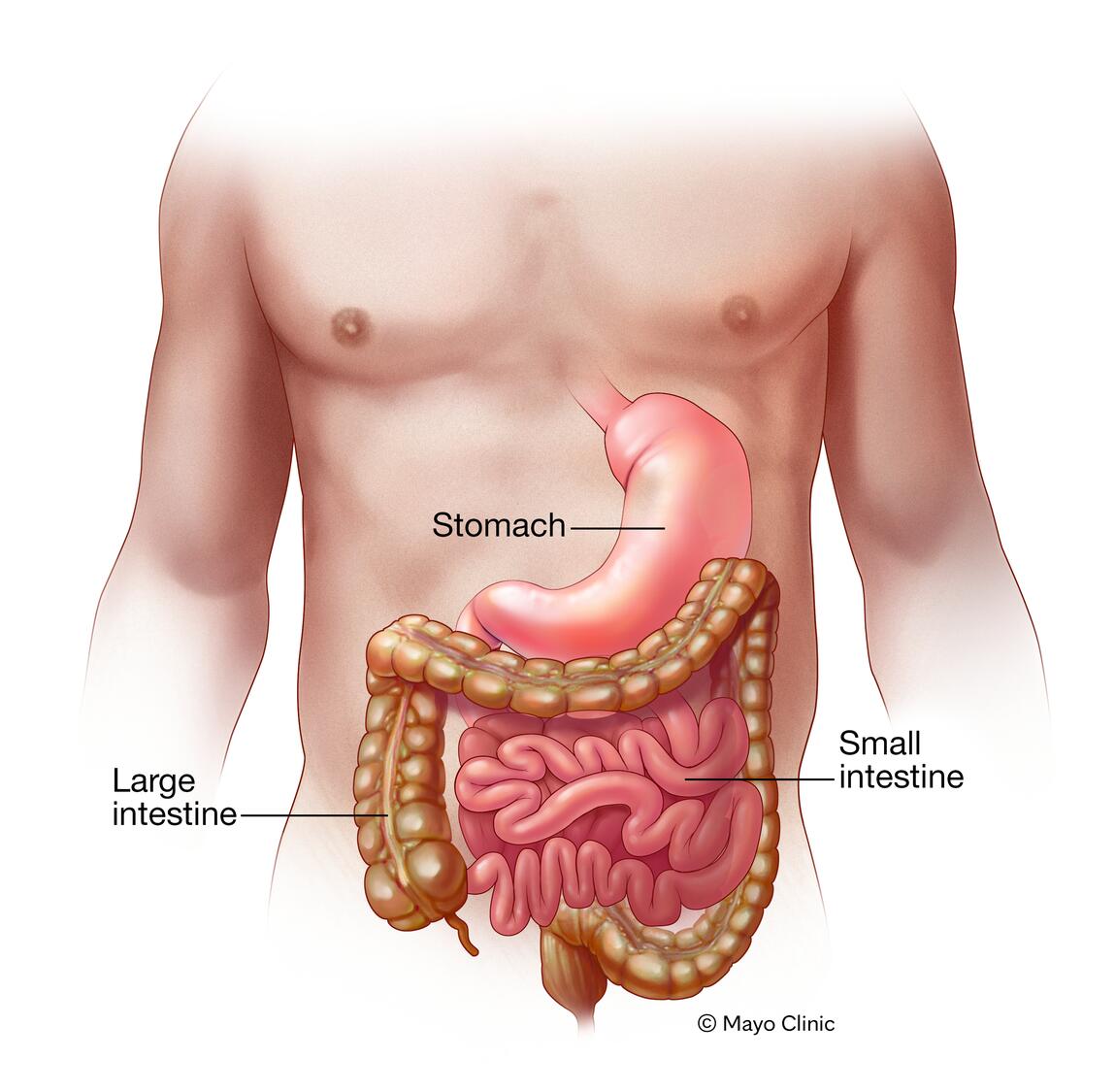
Gastroenteritis, also known as the stomach flu, is a common condition that causes inflammation of the gastrointestinal tract. It is characterized by symptoms such as diarrhea, vomiting, abdominal pain, and fever. While gastroenteritis is usually a self-limiting condition that resolves on its own within a few days, it can be uncomfortable and debilitating for those who experience it. In this article, we will discuss the symptoms and treatments of gastroenteritis to help you better understand this condition.
Symptoms of Gastroenteritis
The symptoms of gastroenteritis can vary in severity and duration, but they generally include:
1. Diarrhea – Loose or watery stools are a common symptom of gastroenteritis. Diarrhea occurs when the normal functioning of the gastrointestinal tract is disrupted, leading to increased fluid and electrolyte loss.
2. Vomiting – Nausea and vomiting are also common symptoms of gastroenteritis. Vomiting can occur as a result of the body’s attempt to rid itself of harmful bacteria or viruses.
3. Abdominal pain – Cramping or discomfort in the abdomen is another common symptom of gastroenteritis. This pain may be mild or severe and can be accompanied by bloating or gas.
4. Fever – A low-grade fever is often present with gastroenteritis, as the body’s immune response is activated to fight off infection.
5. Fatigue – Feeling tired or weak is common during an episode of gastroenteritis, as the body works to recover from the illness.
6. Dehydration – Severe dehydration can occur as a result of fluid loss from diarrhea and vomiting. Symptoms of dehydration include dry mouth, dark urine, and dizziness.
Treatment of Gastroenteritis
The treatment of gastroenteritis usually involves managing the symptoms and preventing complications such as dehydration. Here are some common treatments:
1. Fluid replacement – The most important aspect of treating gastroenteritis is replacing lost fluids and electrolytes. This can be done through oral rehydration solutions, which contain a balanced mix of water, sugar, and salts. In severe cases of dehydration, intravenous fluids may be necessary.
2. Rest – Rest is essential for allowing the body to recover from gastroenteritis. Avoiding strenuous activities and getting plenty of rest can help speed up the healing process.
3. Medications – Over-the-counter medications such as anti-diarrheal drugs and antiemetics can help relieve symptoms of gastroenteritis. However, it is important to consult a healthcare provider before taking any medications, as they may not be appropriate for everyone.
4. Dietary changes – Eating a bland diet that is easy on the stomach can help alleviate symptoms of gastroenteritis. Avoiding spicy, fatty, or highly processed foods can reduce further irritation of the gastrointestinal tract.
5. Probiotics – Probiotics are beneficial bacteria that can help restore the balance of bacteria in the gut after an episode of gastroenteritis. Taking probiotic supplements or eating probiotic-rich foods such as yogurt can help promote gut health.
Preventing Gastroenteritis
While gastroenteritis is a common and often unavoidable condition, there are steps you can take to reduce your risk of contracting it:
1. Hand hygiene – Washing your hands frequently with soap and water can help prevent the spread of viruses and bacteria that cause gastroenteritis.
2. Food safety – Practicing proper food safety measures, such as cooking food thoroughly and storing it at the correct temperature, can help prevent foodborne illnesses that can lead to gastroenteritis.
3. Hygiene – Avoiding close contact with sick individuals and disinfecting surfaces that may be contaminated with bacteria or viruses can help prevent the spread of gastroenteritis.
4. Immunizations – Getting vaccinated against viruses such as rotavirus can help prevent gastroenteritis in children, who are particularly susceptible to the illness.
In conclusion, gastroenteritis is a common condition that causes inflammation of the gastrointestinal tract and is characterized by symptoms such as diarrhea, vomiting, abdominal pain, and fever. While gastroenteritis is usually a self-limiting illness that resolves on its own within a few days, it can be uncomfortable and debilitating for those who experience it. Understanding the symptoms and treatments of gastroenteritis can help you manage the illness effectively and prevent complications such as dehydration. By practicing good hygiene, following food safety guidelines, and seeking medical advice when needed, you can reduce your risk of contracting gastroenteritis and promote overall gastrointestinal health.

















